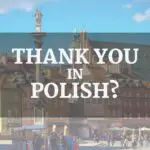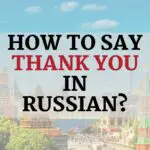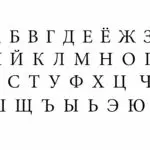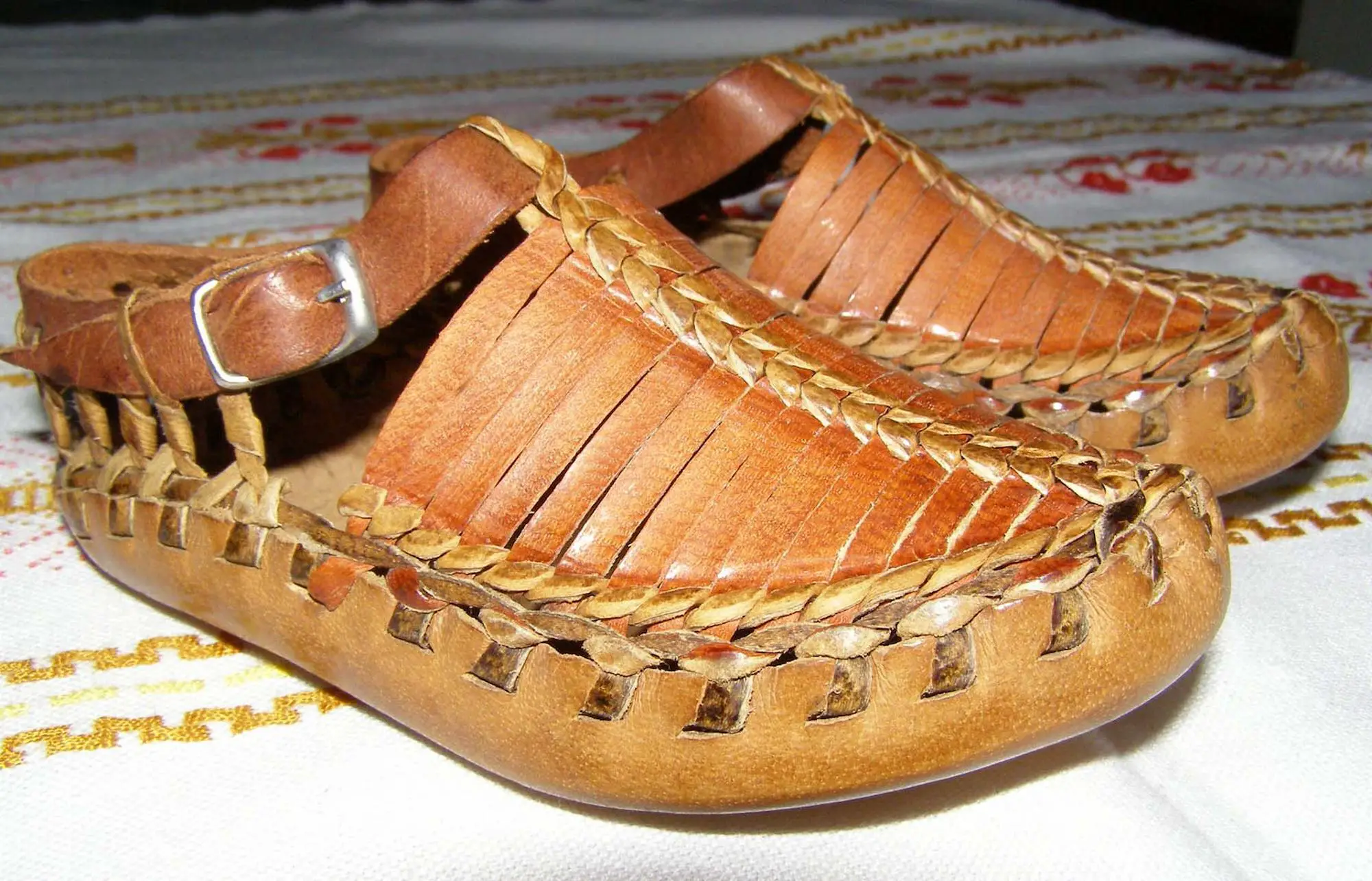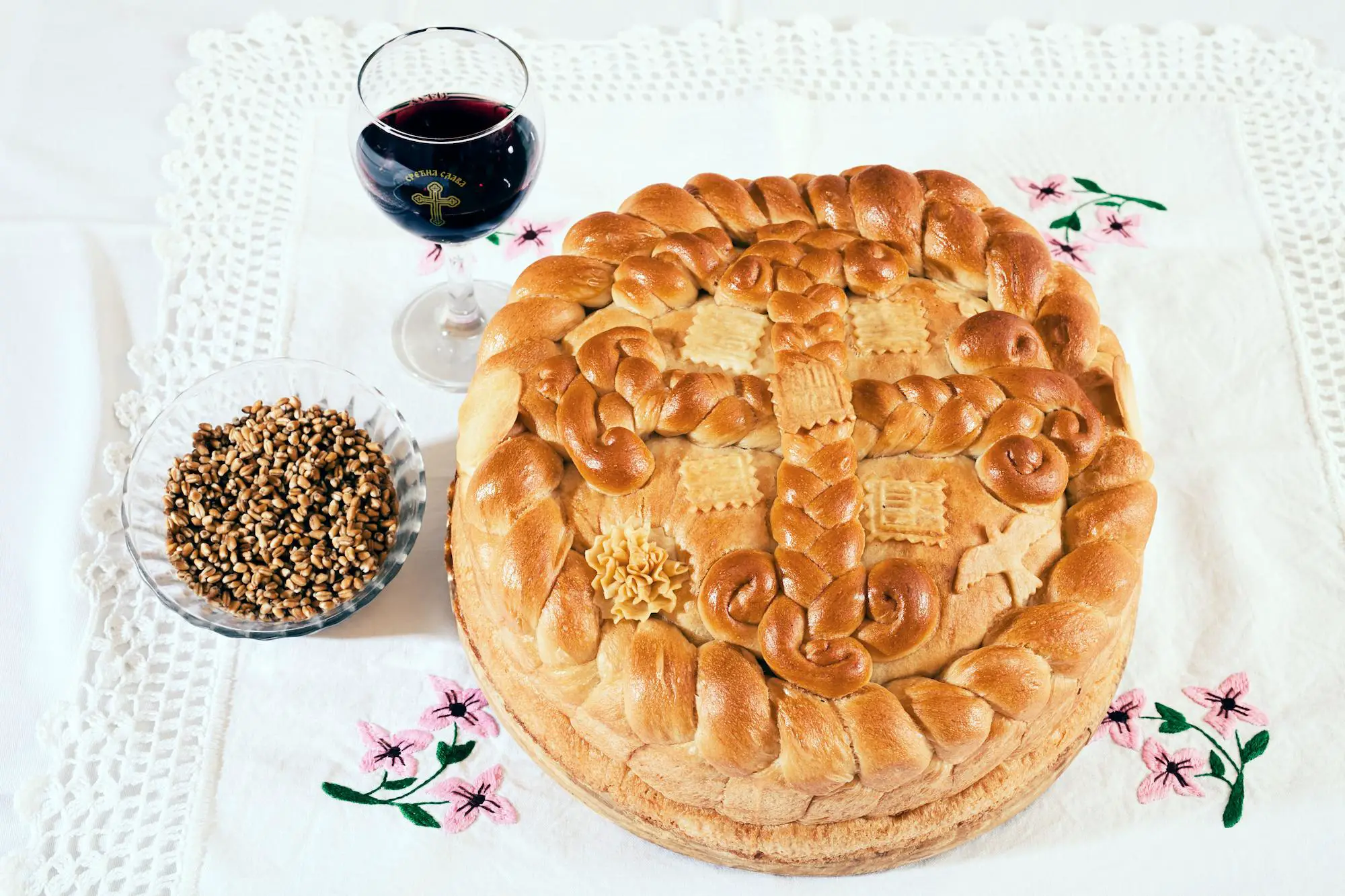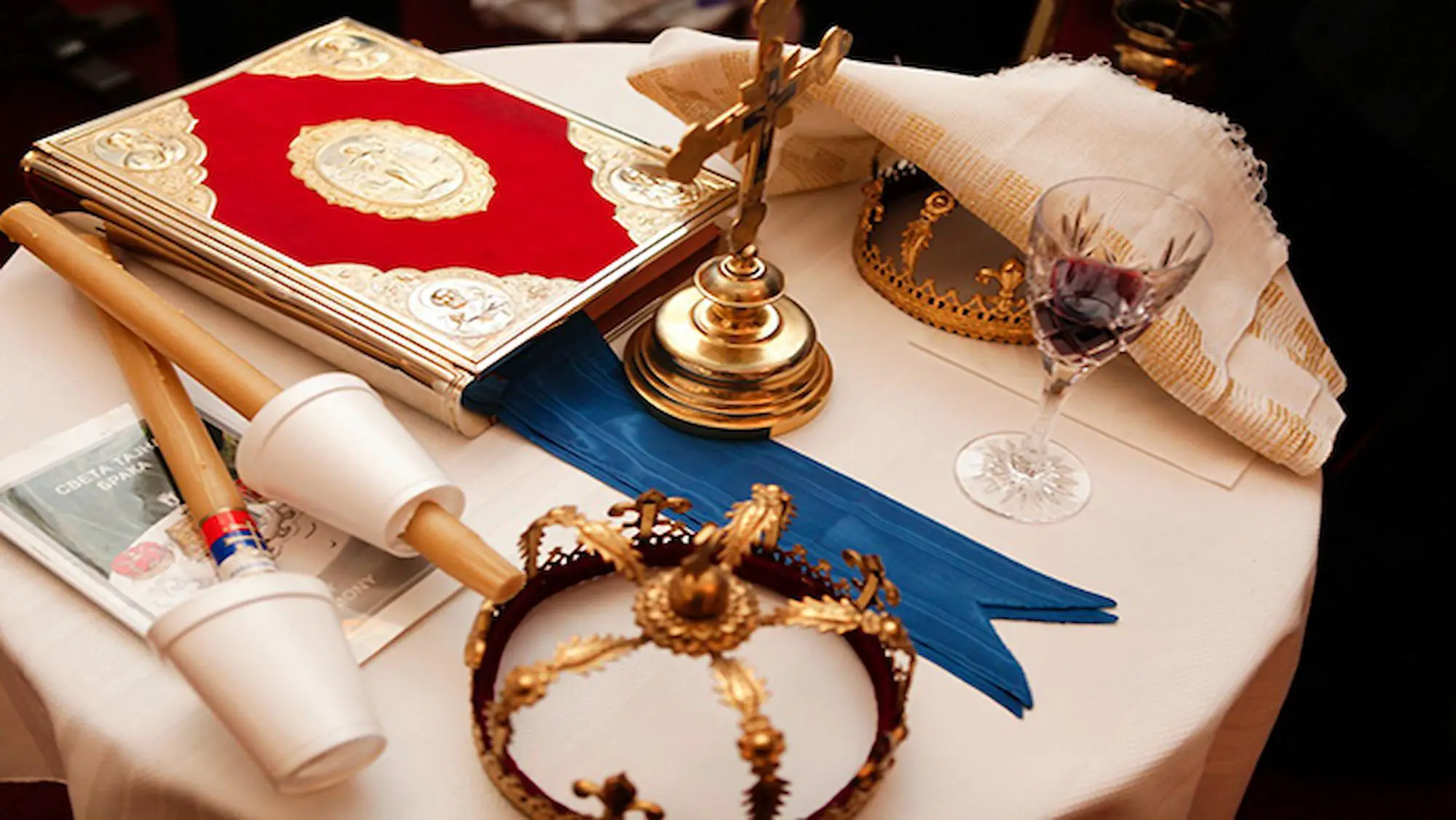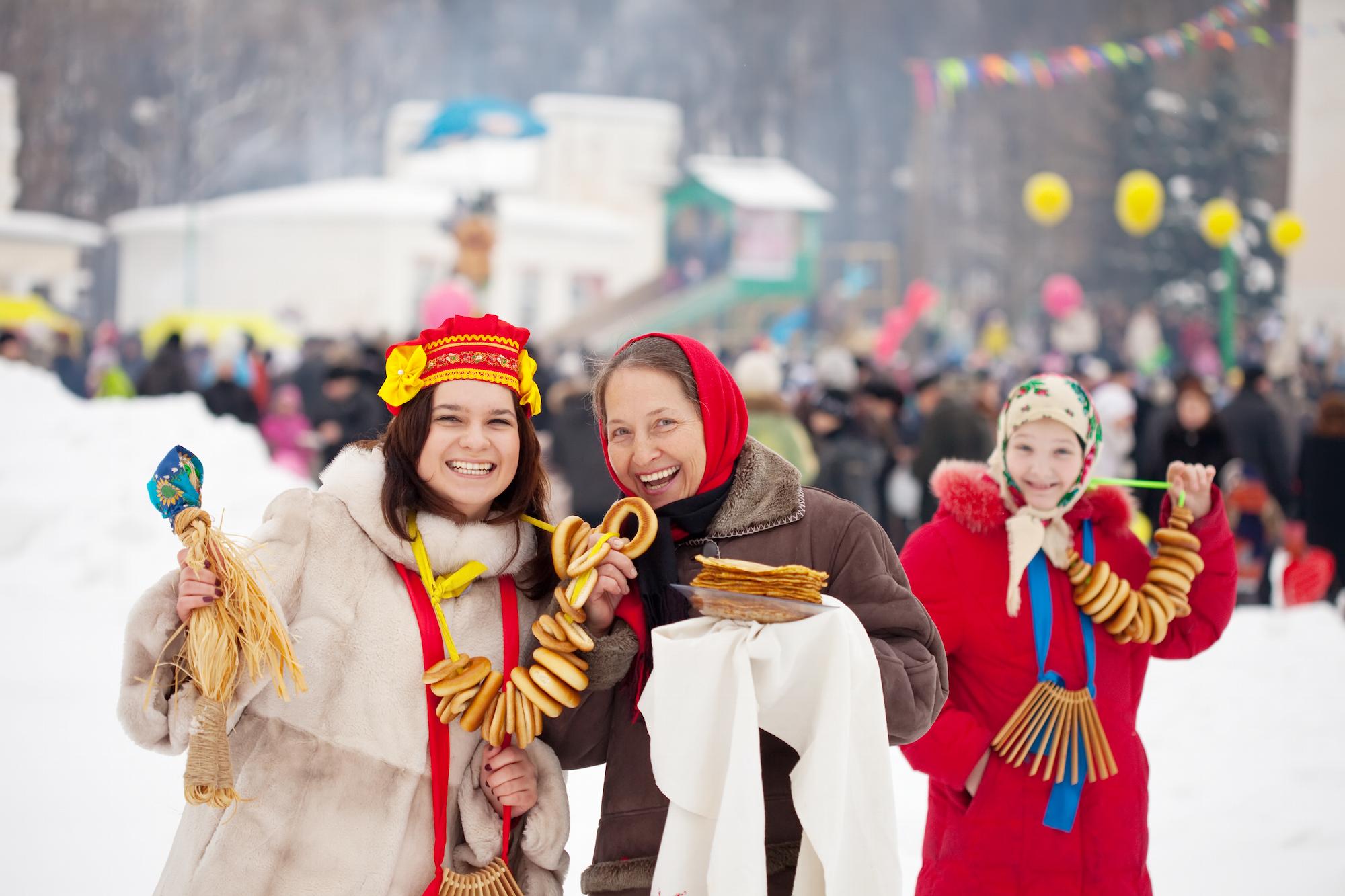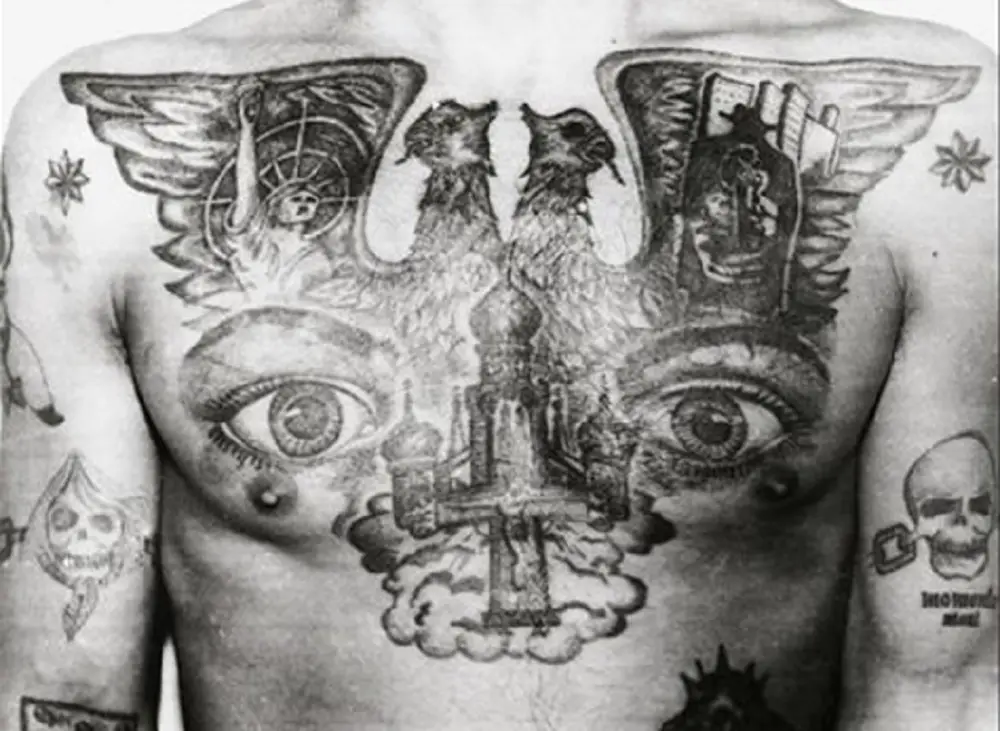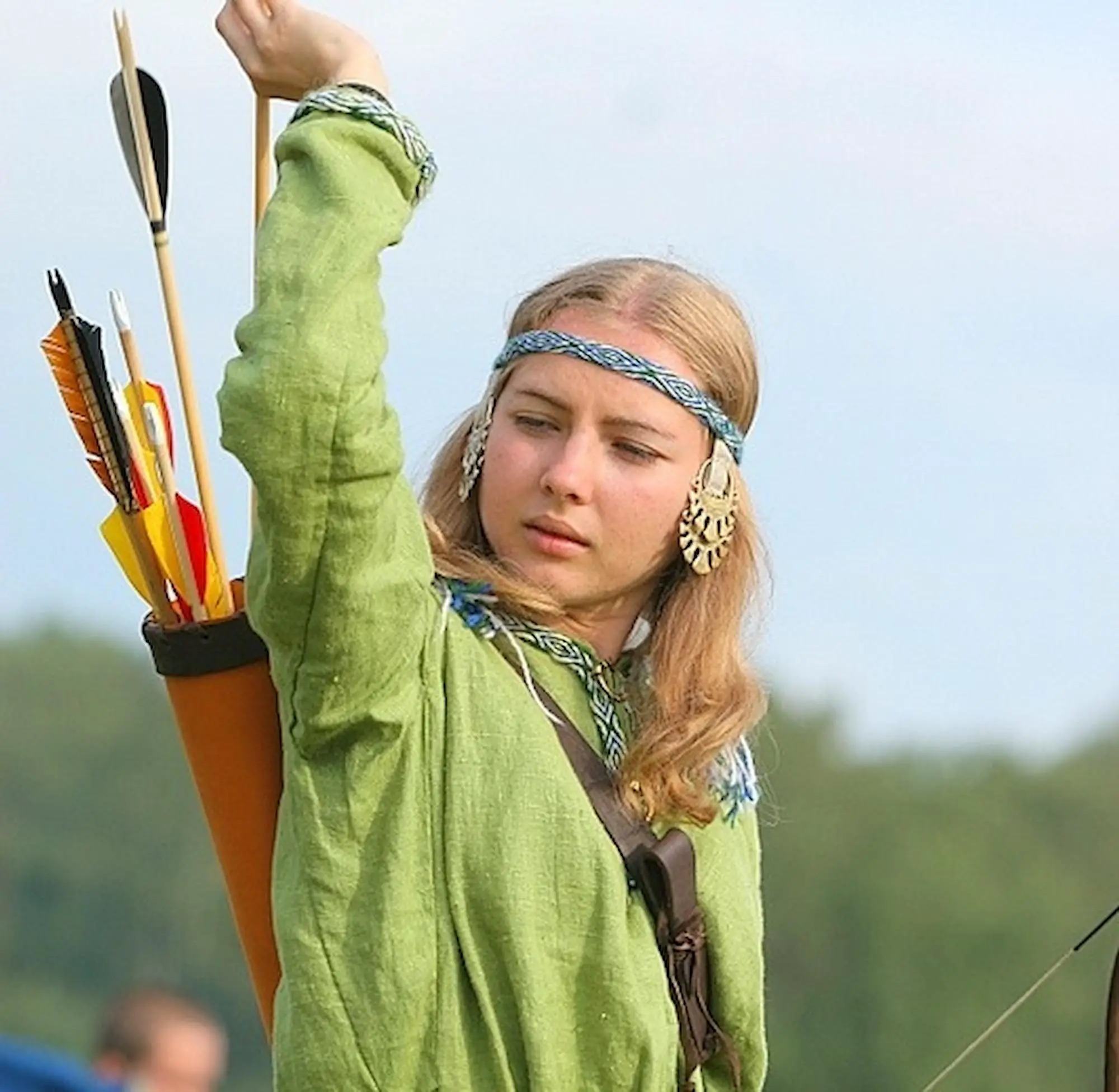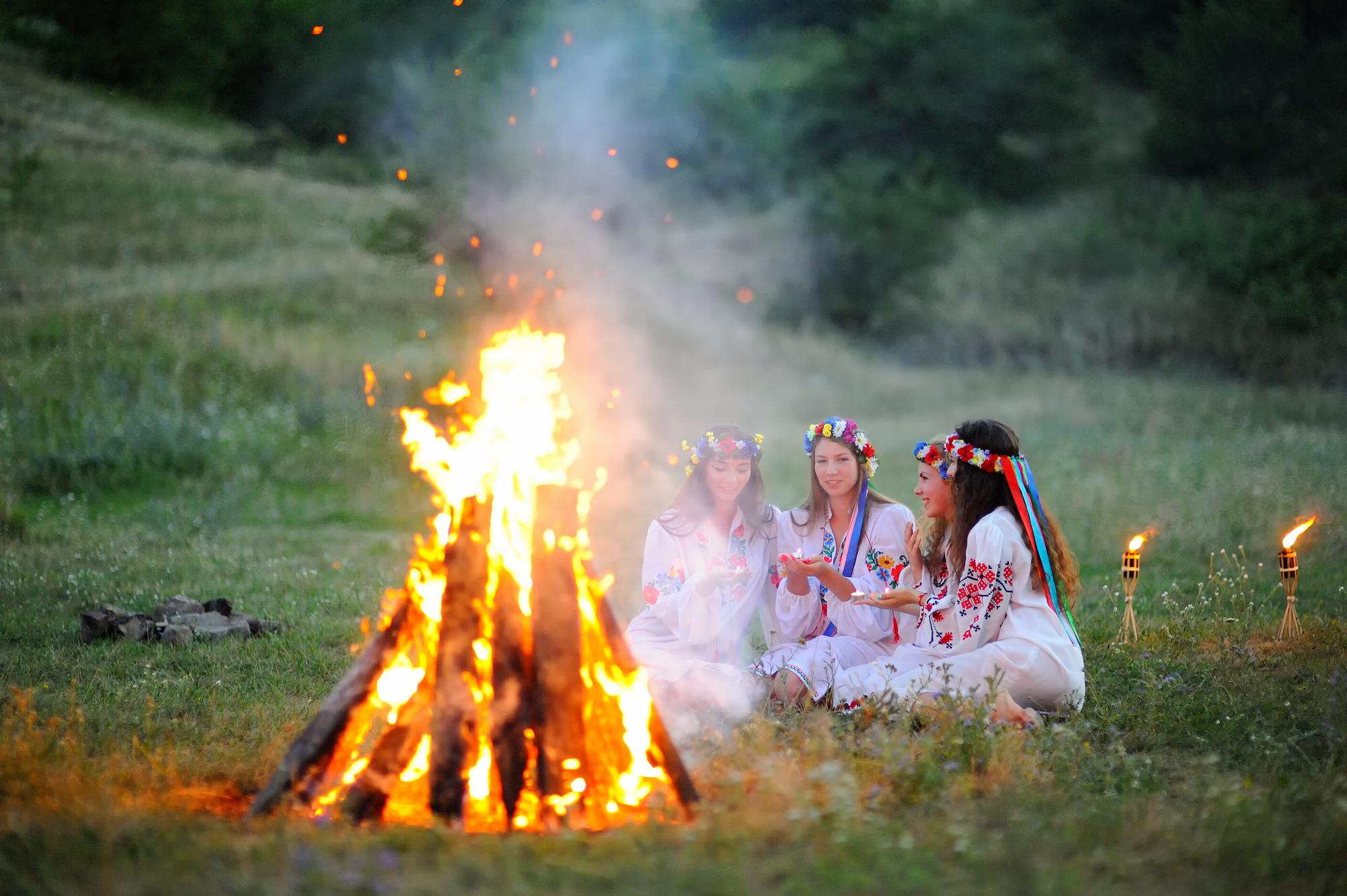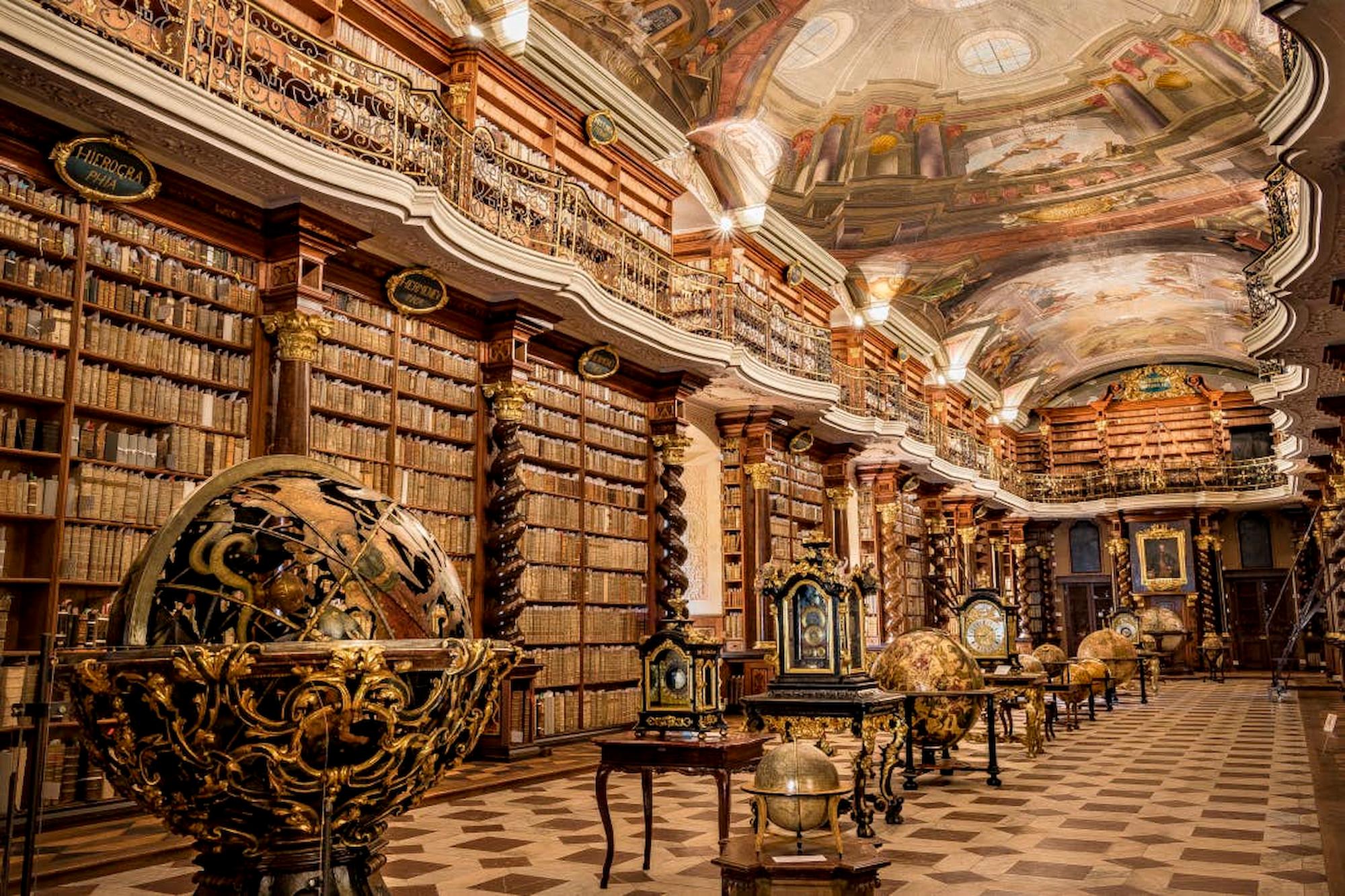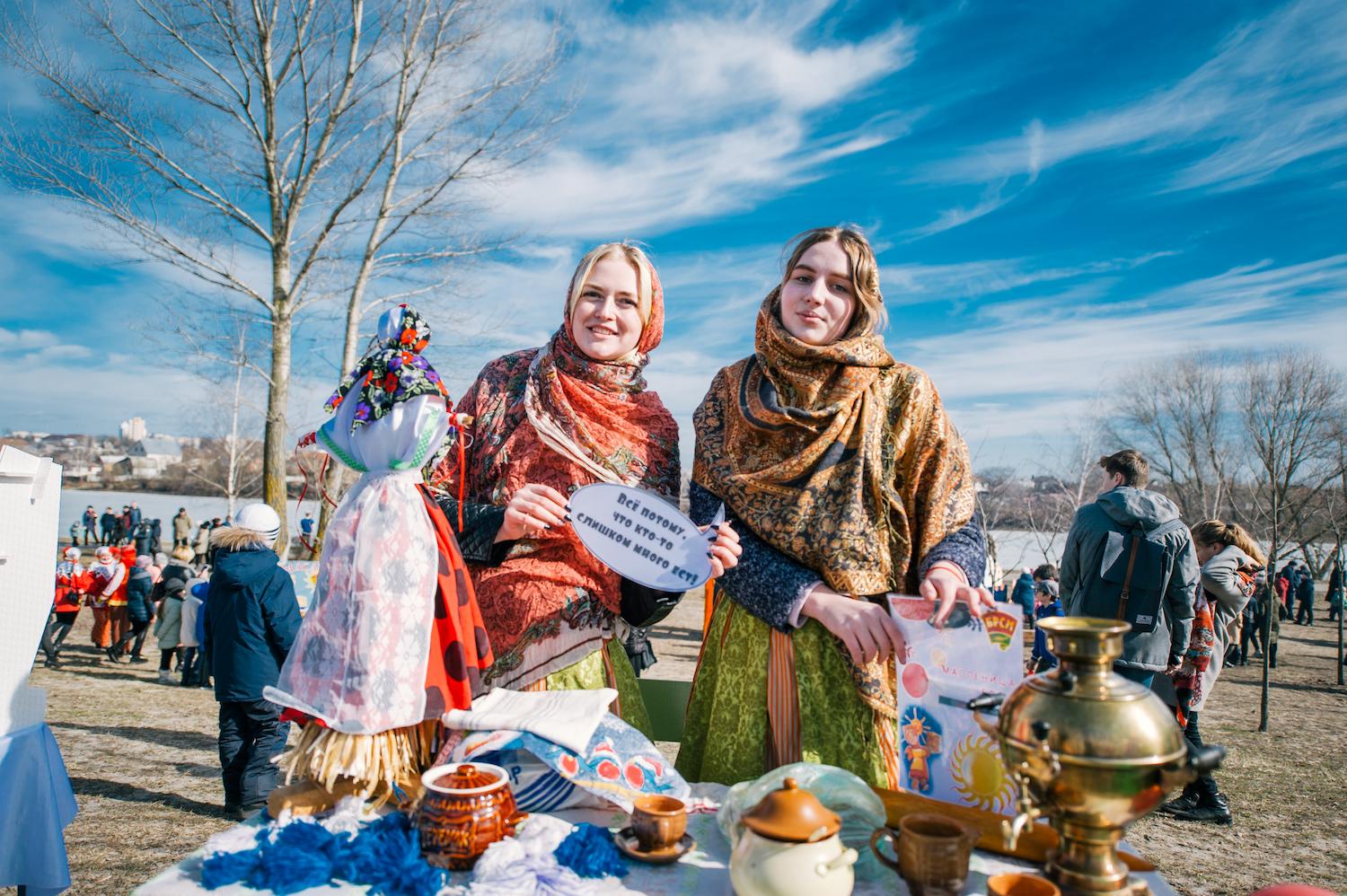If you are not familiar with the culture of the Balkans, chances are that you have never heard of Promaja. It is also fair to say that even people born and raised in Serbia, for example, have a hard time explaining this concept. To begin with...
Category - Culture
Opanci (or opanak for singular) were traditional footwear that was mostly worn by Serbian peasants. Made of leather, these peasant shoes were (and still are) one of the most famous staples of Serbian culture and history. You may want to learn more...
Serbian Slava, (also known as Krsna Slava) is a family holiday dedicated to a Christian saint (The holy Slava) who is considered the patron, donor, and protector of the house. The most commonly celebrated saints are St. Nikola, Arandjelovdan...
Weddings are among the three main turning points of every person’s life, along with birth and death. In every culture, each of these events has special customs and traditions related to it. The purpose of these customs is to successfully guide...
In every society, the most significant thing (in the past) was reproduction. Lack of knowledge and technology made it difficult to save and prevent diseases which contributed to a high mortality rate. In Balkan specifically, these...
Slavs migrated to many countries around the world in the previous centuries which is why the Slavic heritage, music, and food were able to spread to many continents and many different countries. Despite the fact that they had to move, Slavs...
After the fall of the Soviet Union, the life of the vory v zakone (or thieves in law, members of Russian organized crime) has become a subject of great interest. From life in prison to the stories of individuals, this almost secretive organization...
Temple rings are jewelry pieces that were a part of traditional women’s clothing in Scandinavia and the Slavic nations (during the middle ages). They were called ‘temple rings’ because the women wore them on their heads (near their temples). They...
Kupala Night is an ancient Slavic ritual that was traditionally celebrated on the evening of July 6 until the morning of July 7, which according to the old Julian calendar, was the evening of the summer solstice. The celebrations of the summer...
Nature’s beauties have always surrounded and inspired people. That is why national symbols often depict animals, mountains, rivers, plants, or flowers. As elsewhere in the world, Slavs have their own popular flowers, which are often on their...
The complex was founded by a group of priests and scholars (famously called the Jesuits) in the 16th century [1]. It contains a baroque library, which in the past was a part of the school complex, but it, later on, merged with the Charles...
Maslenitsa or Pancake week is a Slavic religious and folk holiday which has its origins in both pagan and Christian traditions. In Slavic mythology, Maslenitsa is a welcoming of spring or the celebration of winters end. Originally, the pagan...




